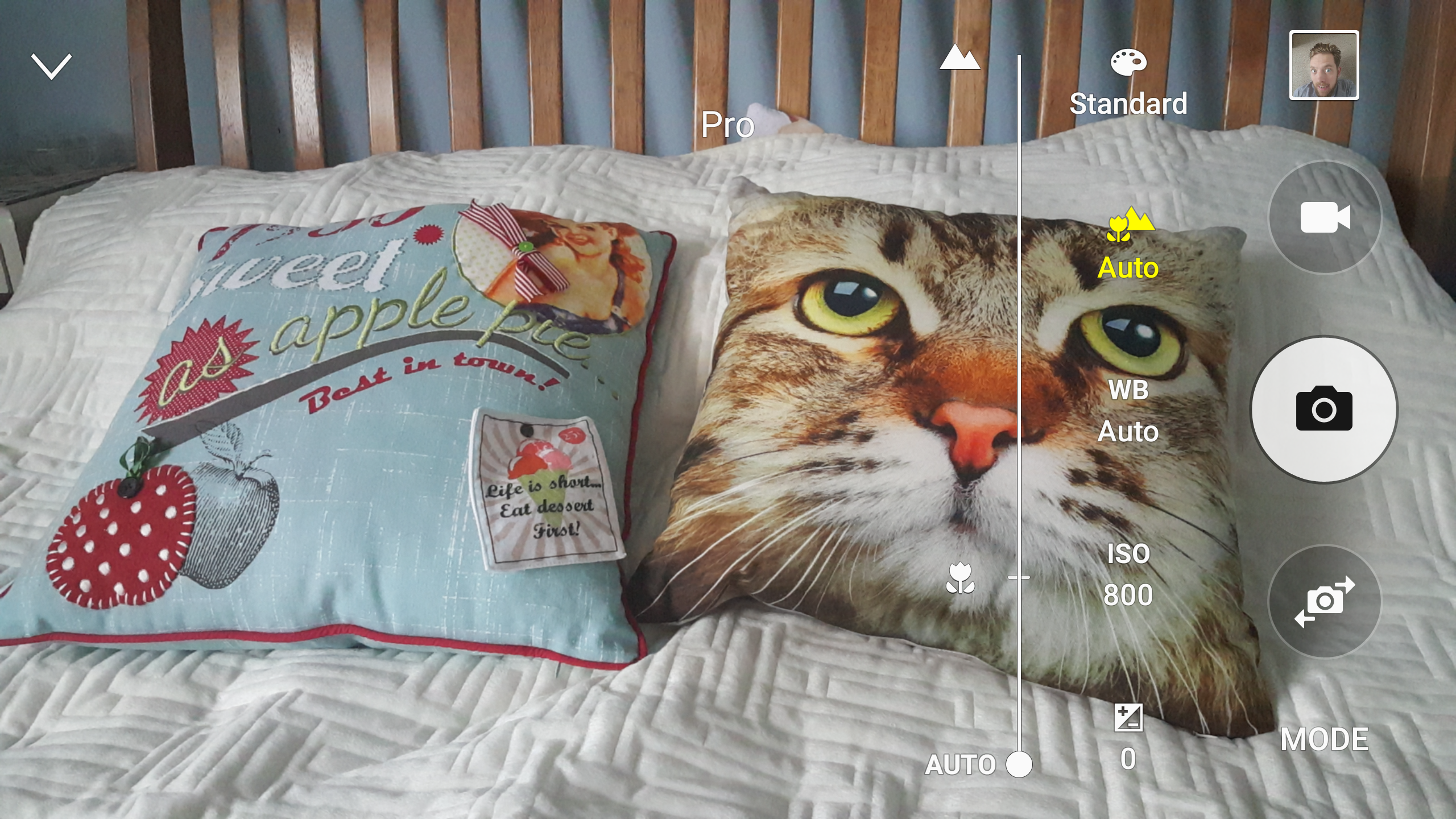This software tells you just how bad your smartphone photos are
'Back a bit... a little more...'

Ready to share your latest photo masterpiece on Instagram? Are you sure? Is your plate of food/national landmark/smiling face really in the best possible spot in the frame?
In the near future you might not have to worry about it: researchers at Pennsylvania State University in the US have developed an algorithm that judges the composition of your snaps for you.
The software looks at the way you've arranged the various elements in your picture and gives appropriate feedback. It can also show you examples of other snaps with "high aesthetic value".
Bad photos begone
"If you think about aesthetics, everything is about composition," said Professor James Wang, one of the team working on the project. "You can look into colours, or textures, or shapes, but, if you boil it down, you eventually have to consider all of these elements as part of composition."
You might not like an app telling you your latest series of mobile photos are terrible, but think of the difference it could make to the quality of your Facebook feed.
The algorithm is based on a large batch of pictures tagged and assessed by graduate students at Penn State, who looked for common traits shared by the best pictures.
Right now the software is too powerful to install on a smartphone, but it can be installed on a server and accessed by a phone. As handsets become more powerful, the hope is that one day this will make for a nifty little app.
Sign up for breaking news, reviews, opinion, top tech deals, and more.

Dave is a freelance tech journalist who has been writing about gadgets, apps and the web for more than two decades. Based out of Stockport, England, on TechRadar you'll find him covering news, features and reviews, particularly for phones, tablets and wearables. Working to ensure our breaking news coverage is the best in the business over weekends, David also has bylines at Gizmodo, T3, PopSci and a few other places besides, as well as being many years editing the likes of PC Explorer and The Hardware Handbook.